Olive Oil is not (Just) Olive Oil
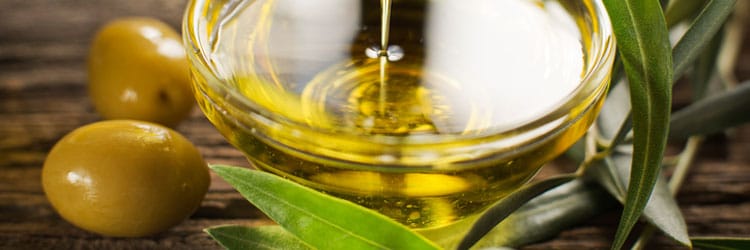
What were the results and what do they mean?
70% of the top olive oil brands tested failed the DAGs test. A low DAGs test means that oil was hydrolyzed, oxidized, of poor quality, and/or adulterated with cheaper refined oils. What does that mean? Hydrolyzed means diluted with water. Oxidized means old and it means oxidative stress and free radicals, so the antioxidant quality of olive oil is destroyed. It means the oil is stale or rancid- perhaps due to storage in sun and exposure to high temperature. Refined oils are processed with hexane, a neurotoxin. They are also thermally deodorized and blanched.
50% of the top olive oil brands tested failed the PPP test. A high PPP test meant that the oil was oxidized and/or adulterated with cheaper refined oils (see above). Oxidation means free radical damage and damage to your arteries (see above). Cheaper oils most likely means a vegetable, safflower, sunflower, corn, or soy oils, all of which are high in Omega 6, a pro-inflammatory fat, and two last ones of which are definitely going to be from GMO seeds (they would have to be organic certified otherwise, and would you agree that in this context that would not be happening?).
What to do about your olive oil?
Since this was a few years ago, the companies that failed in the study may have cleaned up their oils due to public pressure, so while you can review the names of the brands in the link I provided above, I would not necessarily go by these brands. The solution is to do what we should do with all fine things in life: splurge on a very good quality olive oil perhaps in a specialty store, always buy smallest bottle available and only in dark glass bottle, and put it in the fridge for a few days to test it. If it starts to crystalize, it is pure olive oil. If it remains liquid, it is NOT.
LEAVE A COMMENT
If you want to transform your life, if you want health and wellness, if you want peace of mind, there isn’t a better investment than working with Kasia.~ Beth




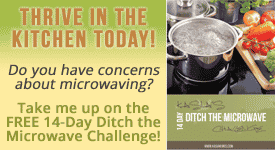
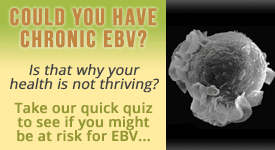

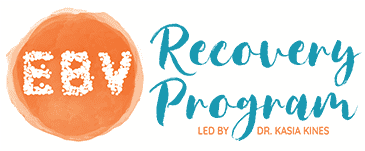


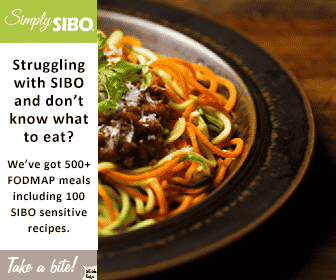




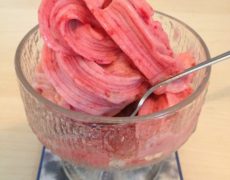

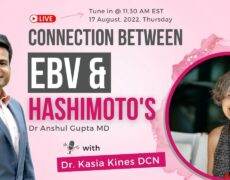


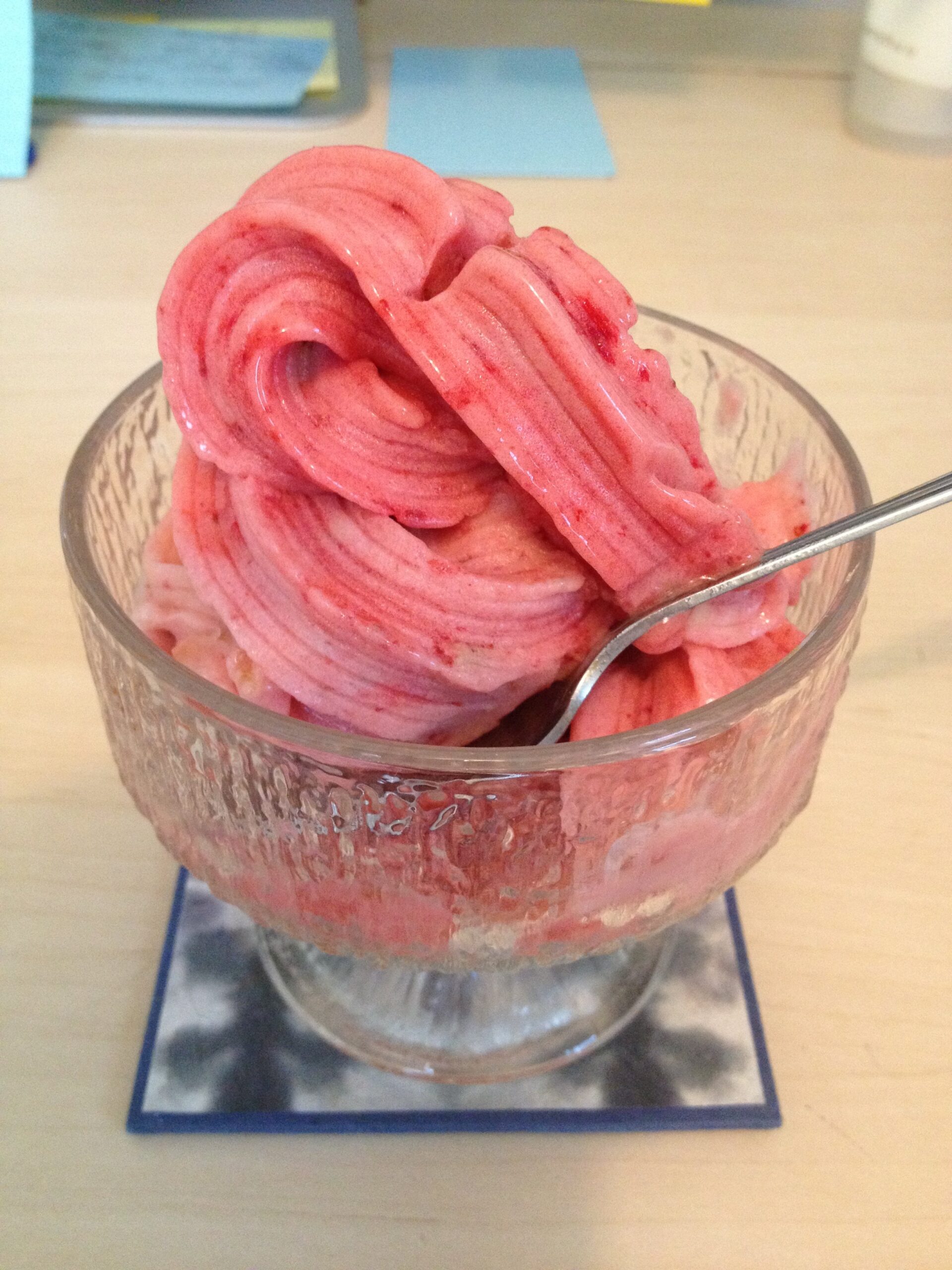

3 Comments
Posted on February 28, 2017 at 7:19 PM by rose
Sounds like good information on the olive oil Kasia. Thanks, I plan to try it and report. Rose
Posted on February 28, 2017 at 9:37 PM by Kasia Kines
Rose, it seems that the old time fridge test has been debunked recently even though I had learned it many years ago in Poland….Here is an the fridge test done by University of California Davis Olive Center to that effect, sadly: https://www.oliveoiltimes.com/olive-oil-basics/uc-davis-olive-center-fridge-test/33250
Posted on February 28, 2017 at 9:37 PM by Kasia Kines
But i still know the olive oil does not like refrigeration. And I do remember past years when it would solidify in the fridge a little. Go figure!